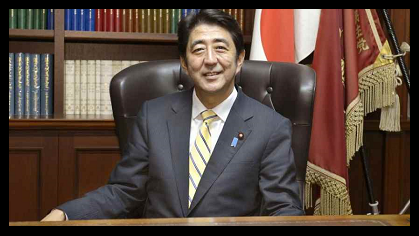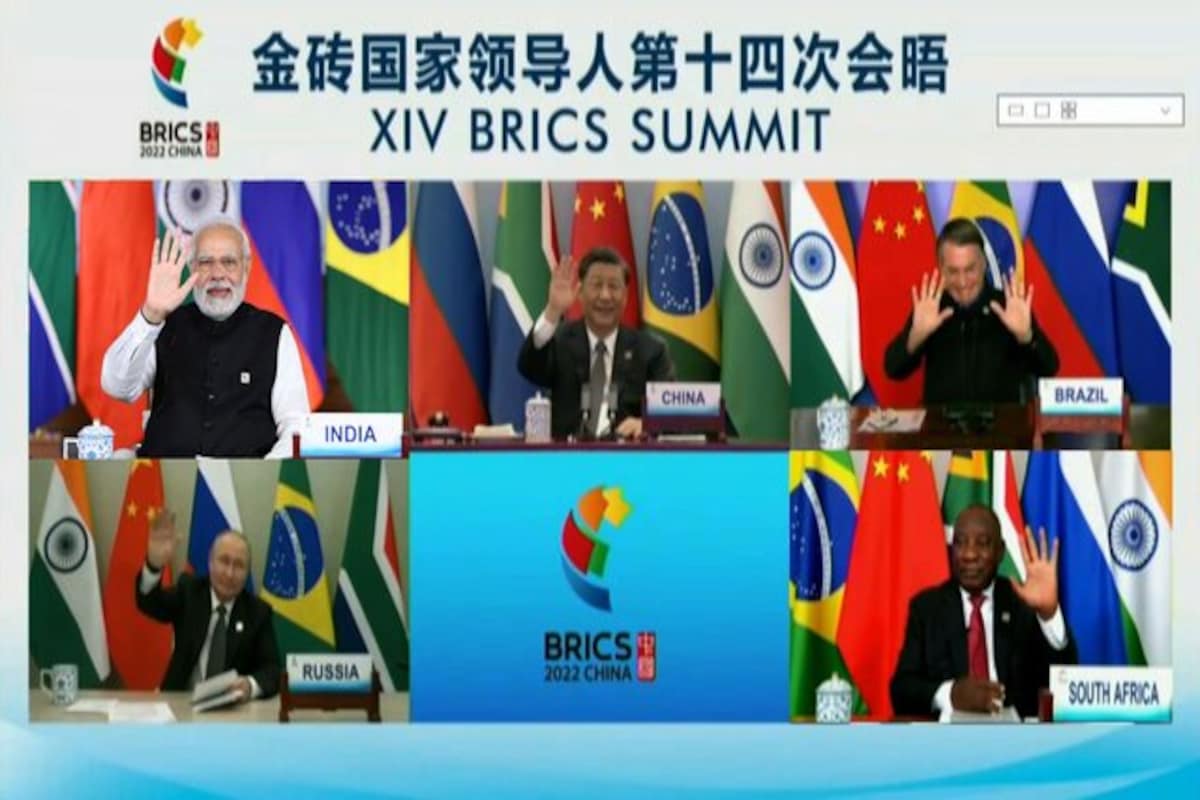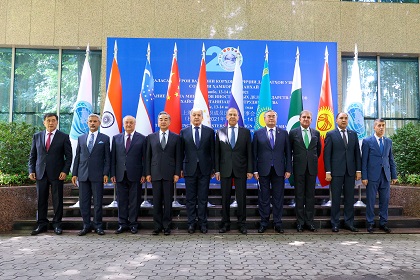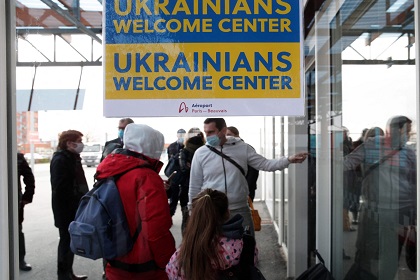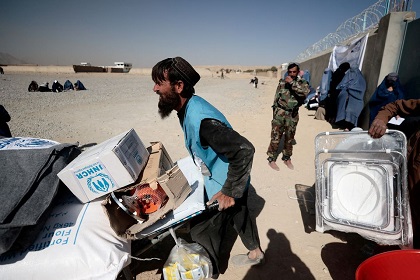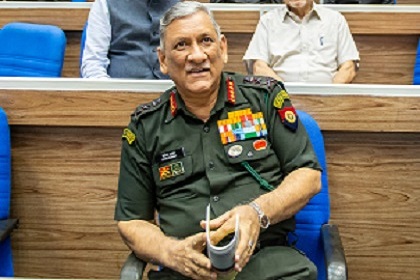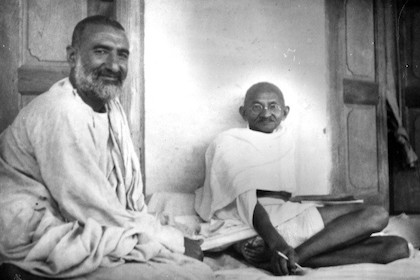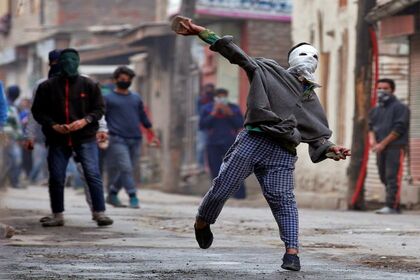Shinzo Abe: friend, partner, strategist
Former Japanese Prime Minister Shinzo Abe’s legacy is marked by statesmanship and foresight, enabling him to reform the security and economic architecture of Asia, Japan and India. His historic 2007 speech in the Indian Parliament gave shape to the idea of the Indo-Pacific, and the Quad. Abe had faith in India, recognising the opportunities India and Japan offered each other.

